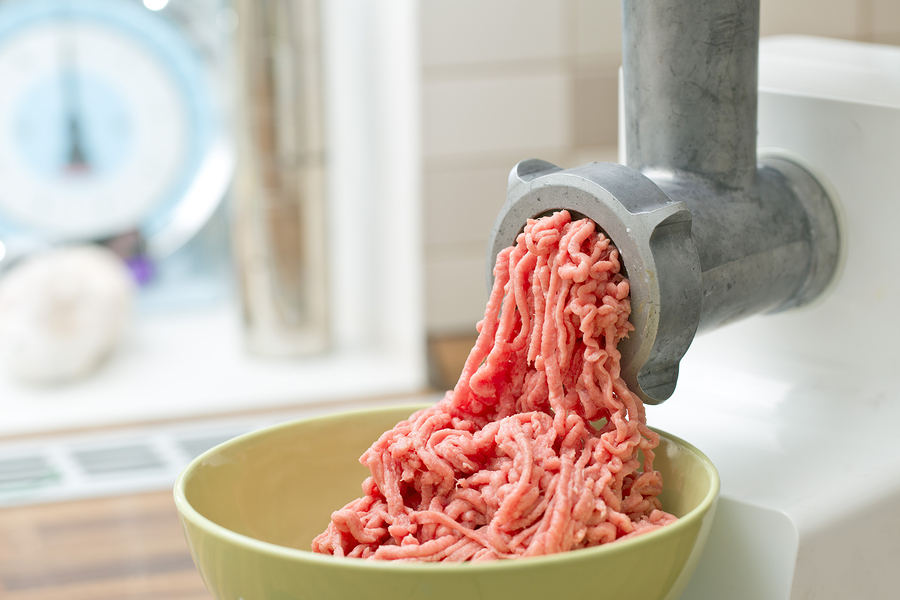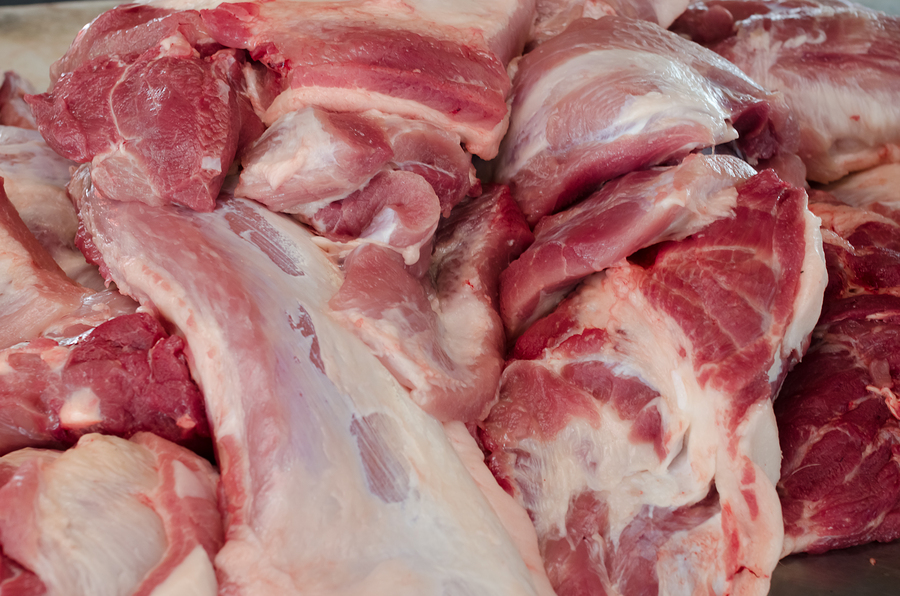Feeding Your Picky Raw Fed Dog
When feeding a raw dog food diet, it’s essential that your dog eats a balanced diet of 80% muscle meat, 10% raw bones and 10% organ. Variety is very important, but as some raw feeders come to realize, introducing new proteins is sometimes easier said…



